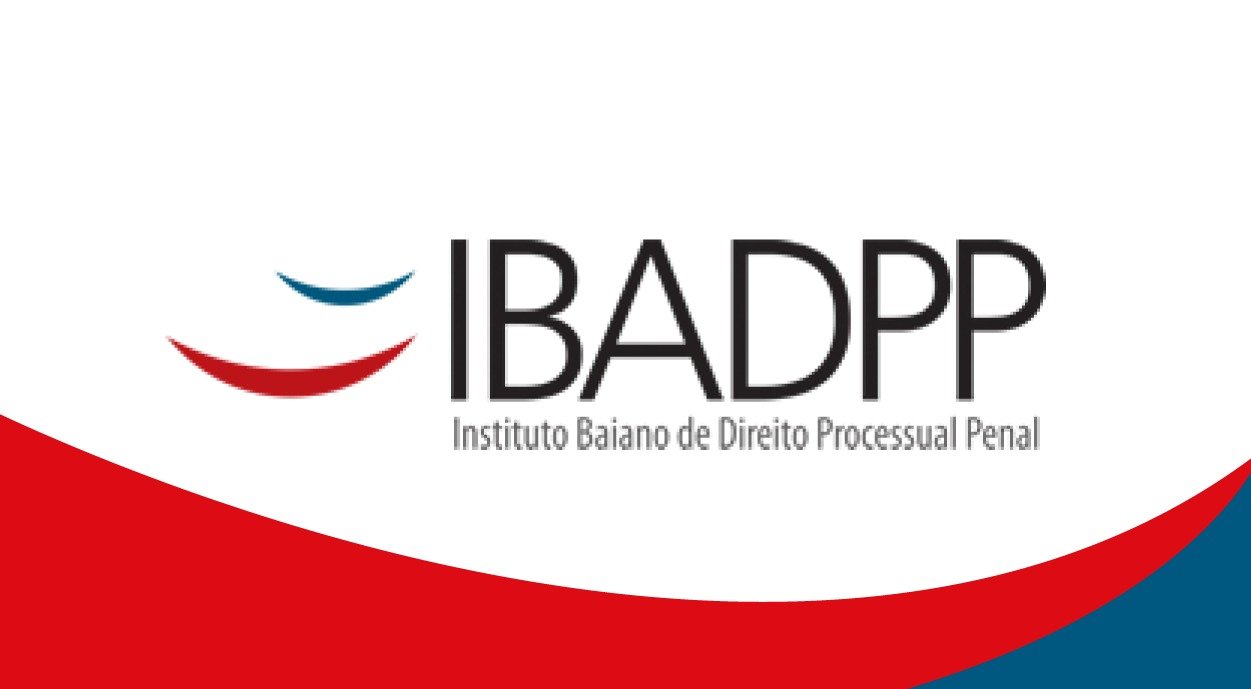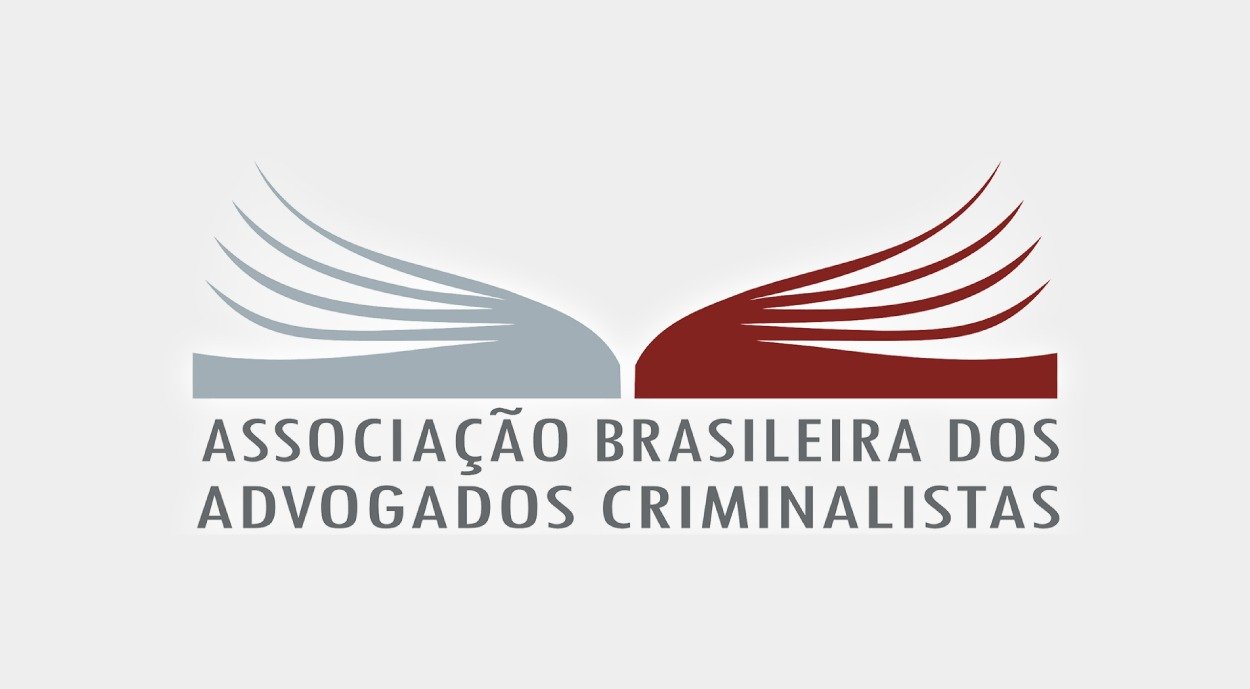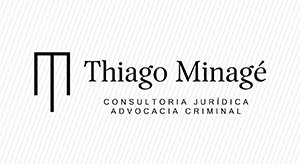Last weekend the municipal elections were held in Spain in a climate of high participation, in which almost 64% of the population went to the polls. Election periods always generate interest, not only nationally but also internationally, which is why the importance of these events has led different legislators to recognize crimes in the corresponding regulations to try to guarantee transparency and proper development of electoral processes. In this sense, electoral crimes are offenses committed during electoral processes, such as elections or referendums, that undermine the integrity of the democratic system. These crimes typically involve actions aimed at manipulating the electoral process, bribing voters, or distorting the election results. In Spain there have been different cases related to electoral crimes:
a) Electoral bribery: it is a crime to offer, promise, or provide money, gifts, or any other advantage to voters in exchange for their vote or abstention. The Spanish Penal Code considers electoral bribery a serious offense punishable by imprisonment and the deprivation of certain rights. An example was in the 2019 municipal elections in Spain, when several politicians were investigated for allegedly offering gifts or monetary incentives to voters in exchange for their support. These cases were subject to legal proceedings, and individuals involved faced potential penalties if found guilty.
b) Electoral fraud: this offense encompasses various actions that aim to manipulate the election process, including falsification of electoral documents, alteration of election results, voter impersonation, and illegal voting practices. Electoral fraud undermines the legitimacy of elections and is considered a severe crime in Spain. In the 2017 Catalan independence referendum, the Spanish government declared the vote illegal and intervened to prevent its occurrence. However, despite the government's efforts, some instances of electoral fraud were reported, including allegations of duplicate voting and ballot stuffing.
c) Dissemination of false information: spreading false information or rumors with the intention of influencing voter behavior or distorting the election results is also considered an electoral crime. This can include the dissemination of fake news, fabricated documents, or misleading statements about candidates or parties. An example was in the 2021 regional elections in Catalonia, when various social media platforms were scrutinized for the dissemination of false information aimed at influencing public opinion. Some of these cases involved the creation and distribution of fake news articles and manipulated images to manipulate voters' choices.
It's important to note that the examples provided are illustrative and not exhaustive. Electoral crimes can take various forms, and each case should be examined based on its specific circumstances and the applicable laws at the time. Legal proceedings and penalties for electoral crimes vary depending on the severity of the offense and the jurisdiction's legal framework.
Imagem Ilustrativa do Post: zebra-look // Foto de: mini_malist (see you soon) // Sem alterações
Disponível em: https://www.flickr.com/photos/mini_malist/34708791711
Licença de uso: https://creativecommons.org/licenses/by/2.0/





